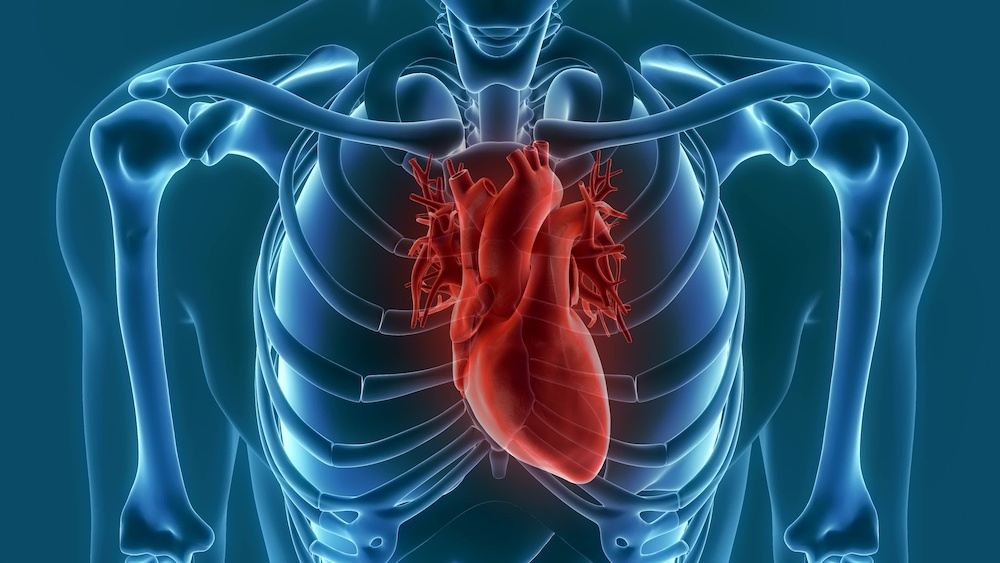Atrial fibrillation (AF) is one of the most common heart rhythm problems. It occurs when the upper chambers of the heart (the atria) lose their normal electrical activity, leading to an irregular and often rapid pulse. This can appear suddenly (acute onset) or develop gradually and persist over time (chronic). Some people feel symptoms immediately, while others may not notice it at all.
If you are experiencing palpitations, dizziness, chest pain, or unexplained shortness of breath, you can get personalised advice from licensed doctors through Hope Plus. This premium service helps you get timely care and avoid complications such as heart failure or stroke.
Risk Factors for Atrial Fibrillation
People are more likely to develop AF if they have conditions such as:
- Heart failure
- Valvular heart disease (e.g. rheumatic heart disease)
- Ischaemic heart disease (blocked heart vessels)
- Thyroid problems, especially hyperthyroidism
Symptoms and Clinical Features
- Irregular pulse: The heartbeat feels uneven in rhythm and strength. The rate may be normal or very fast.
- Acute onset symptoms: Palpitations, dizziness, fainting, chest pain, or shortness of breath.
- Chronic atrial fibrillation: Some patients may not have symptoms and only discover AF during a routine medical check-up.
AF can also trigger other conditions such as:
- Heart failure or pulmonary oedema (fluid in the lungs)
- Stroke, when blood clots form in the heart and travel to the brain
Investigations
To confirm atrial fibrillation and assess its effects, doctors may request:
- ECG (electrocardiogram) to check heart rhythm
- Other supportive tests depending on underlying conditions
Treatment Goals
Management of atrial fibrillation focuses on:
- Controlling the heart rate
- Restoring normal rhythm where possible (usually by a specialist)
- Preventing or treating complications such as stroke and heart failure
- Treating the underlying cause (e.g. thyroid disease, high blood pressure, valve disease)
Treatment of Atrial Fibrillation
If atrial fibrillation starts suddenly (acute onset) and heart rate is very high or heart failure/pulmonary oedema is present:
- Heart failure is managed according to guidelines.
- Medicines such as digoxin or Carvedilol/Bisoprolol are prescribed to reduce the heart rate.
If acute onset but no signs of heart failure:
- Atenolol 50 mg may be prescribed to control heart rate.
If chronic atrial fibrillation with normal heart rate:
- The focus is on treating the underlying conditions.
- Patients are referred to a regional or specialised centre to assess the need for blood thinners such as aspirin or warfarin, which prevent clots and reduce the risk of stroke.
Prevention of Complications
- Managing underlying heart conditions
- Regular monitoring for those with AF
- Using prescribed medicines consistently
- Following medical advice on lifestyle adjustments such as reducing alcohol intake and controlling blood pressure
Frequently Asked Questions (FAQ)
What is atrial fibrillation?
Atrial fibrillation is an irregular heart rhythm that can be fast or erratic, caused by abnormal electrical signals in the heart.
Is atrial fibrillation dangerous?
Yes. AF increases the risk of heart failure, pulmonary oedema, and stroke if not managed properly.
Can atrial fibrillation be cured?
Some cases can be reversed, especially if caused by a treatable condition like thyroid disease. However, many people require long-term management.
What is the link between AF and stroke?
AF can cause blood clots to form in the heart, which may travel to the brain and cause a stroke. This is why blood thinners are often recommended.
How can Hope Plus help?
With Hope Plus, you can consult licensed doctors online for tailored advice, helping you manage AF safely and reduce your risk of serious complications.


